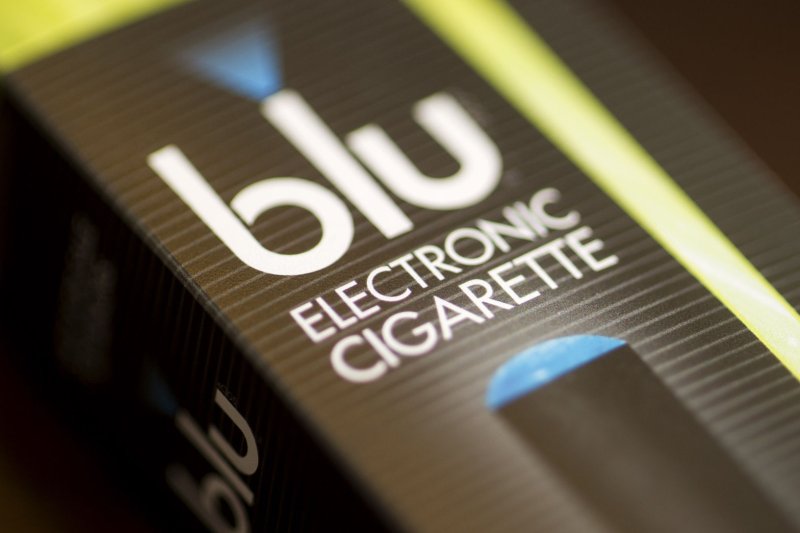An electronic cigarettes package is seen in Washington, D.C. on April 24, 2014. Last Thursday, the FDA proposed rules that call for strict regulation of electronic cigarettes, cigars, pipe tobacco, nicotine gels, water pipe tobacco and hookahs. Currently, the FDA only has regulatory authority over cigarettes, smokeless tobacco and roll-your-own tobacco. UPI/John Angelillo |
License Photo"This study has two alarming findings. First, the risks of e-cigarette use and exposure to vapor are unknown, yet many parents report using these electronic cigarettes to reduce harm to others,” said Dr. Robert C. McMillen, an associate professor at the Social Science Research Center at Mississippi State University and lead author of the report. “Second, half of current users are nonsmokers, suggesting that unlike tobacco harm-reduction products, e-cigarettes contribute to primary nicotine addiction and to renormalization of smoking behaviors."
McMillen and his co-authors are urging the Food and Drug Administration to step up its efforts to regulate the roughly $2 billion-dollar-per year e-cigarette industry and educate the public on the devices' potential health risks.















